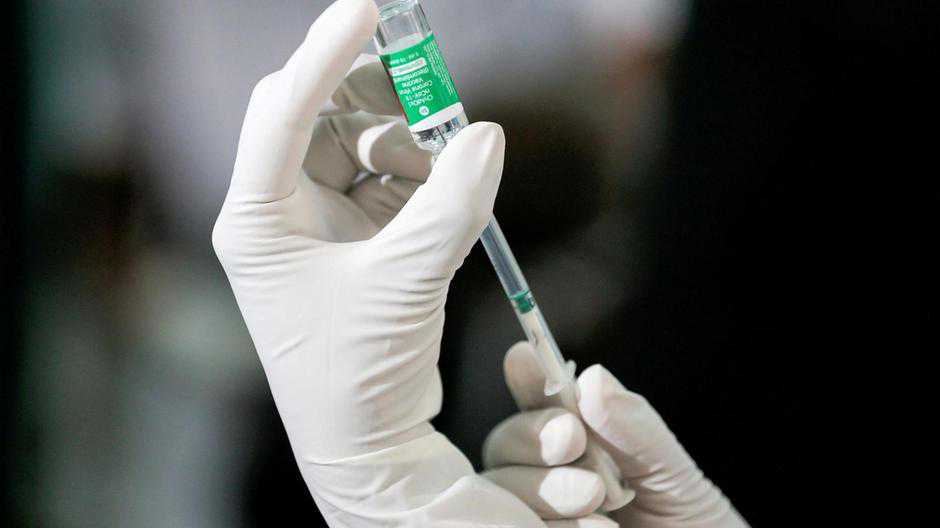What role can marketers play in vaccinating the world?
26 April, 2021

This time this past year, several my friends spent their Ramadan nights praying for pharmaceutical companies to create a Covid-19 vaccine soon so the devastation due to the pandemic could end, and they can go back to their normal lives.
The vaccine came but it did not come quickly enough. We have lost more than 3 million persons to the pandemic around the world. The world economy was tipped into its deepest recession since 1930s and unemployment rates in major economies such as the US climbed to the best level since in decades. Given that multiple vaccines are available and there's a opportunity of ending the pandemic-driven devastation, the same friends are hesitant to take the vaccine, and would prefer to push their decision to inoculate to in the future.
Vaccine hesitancy
The misinformation about Covid-19 vaccines is basically to be blamed for people’s suspicions and hesitancy towards inoculation. The 2021 Edelman Trust Barometer report revealed that 59 % persons who practice poor "information hygiene" - not checking the foundation of information shared - are less ready to get vaccinated within the first year of its availability. However, 70 % of these who practice good information hygiene will probably take the Covid-19 vaccine jabs.
UAE's success in mass inoculation
The UAE is leading by example in terms of circulating the correct information and the public’s usage of medical professionals to handle their concerns. The united states has passed the milestone of 10 million vaccine doses administered, with half of the UAE's population inoculated. However, elsewhere on the planet it still proves to be challenge, which puts lives at risks and one where marketers can assist.
Disseminating correct information
With so much misinformation and mistrust clouding people’s judgement, counter measures are needed. Business may be the most trusted institution with a worldwide trust level of 61 per cent, in line with the Edelman report. A partnership between businesses and marketers can help in disseminating the correct information. This could be achieved through retail space messaging, through social media pages of businesses, through messages by chief executives and by hosting virtual seminars/webinars with doctors who can address people’s concerns.
Businesses can also help by diverting part of their social responsibility budgets towards mass inoculation awareness programmes. They are able to fund hotlines where persons can reach doctors to answer their concerns.
Marketers and businesses may also tie-up with health authorities’ in funding and making creative public service advertisement campaigns to encourage people to vaccinate.
Combating misinformation
Because misinformation is widely spread, we have to double the effort to get the right messages out, and they ought to be shared through the same platform where misinformation spread from. Marketers have to follow the same imaginative approach when promoting a product or service.
This implies that the messages should speak differently to different target groups in channels they are tuned into and really should be in their languages. Businesses can collaborate with influencers on social media to attain different target groups. Perhaps a social media personality’s page can be utilised to host a live session to debunk the misinformation.
The message should also be packaged differently rather than be repetitive since it will eventually lose people’s attention. Much like any advertising message, it will require time to build trust. However, focusing on the proper message and collaborating with the proper people to share it really is key to success.
Vaccine rewards
One of the most effective marketing campaigns are kinds that would include an offer, a discount or a prize. In the case of vaccines, the reward is usually to be reunited with your loved ones, to protect the world and going back to your “normal” lives. This is what the audience should be reminded of constantly.
One way to create a sense of community around that and also to encourage persons is for businesses to award those vaccinated with special membership benefits, or a particular wrist band or bumper sticker they can wear showing their support and inspire others to accomplish the same. On a government level this could be attained by waiving certain costs or supplying a reward programme in collaboration with the business enterprise sector.
People’s behaviours could be changed with the collaboration of innovative marketers and it can benefit the world achieve its vaccination goals faster.
Source: www.thenationalnews.com
TAG(s):
